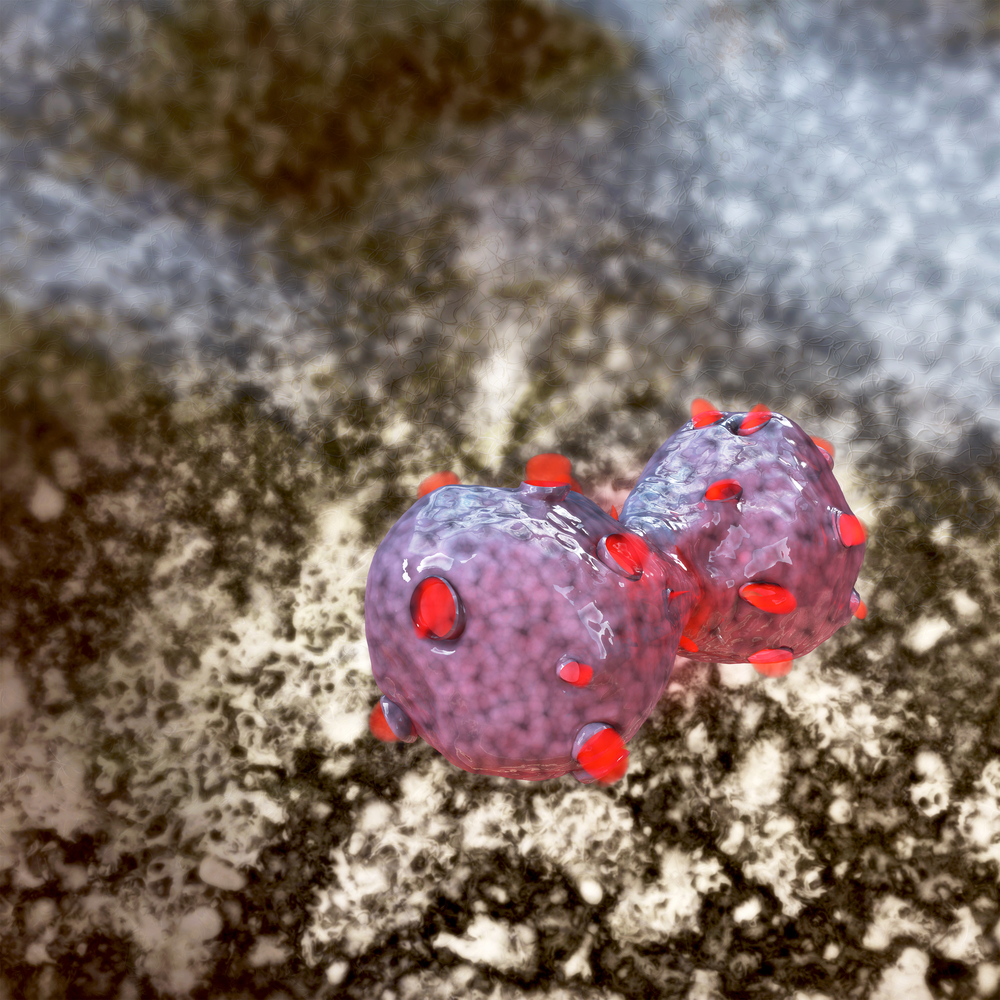In a new study entitled “COPA mutations impair ER-Golgi transport and cause hereditary autoimmune-mediated lung disease and arthritis,” researchers report that a new autoimmune disease diagnosed in five families that is characterized by interstitial lung disease and inflammatory arthritis features genetic mutations in COPA gene, a key component of vesicular trafficking inside cells. The study will allow the development of new therapies for patients carrying the syndrome. The study was published in the journal Nature Genetics.
Researchers at the University of California, San Francisco and colleagues at both Baylor College of Medicine in Houston, Texas and Texas Children’s Hospital identified five unrelated families who were diagnosed with a new, undescribed autoimmune syndrome, characterized by high levels of autoantibodies accompanied by interstitial lung disease and inflammatory arthritis. In order to identify possible genetic variants associated with the disease, the team performed whole-exome sequencing and targeted sequencing on the families’ individuals.
They identified four novel variants affecting a single gene, the COPA gene, which is a key component of the trafficking machinery of proteins around the cell. The variants resulted in a defective COPA protein, which is unable to bind correctly to other proteins, leading to their impaired intracellular trafficking.
The team performed further studies, and by expressing the mutant COPA variants in cells, they induced a potent increase in Endoplasmic Reticulum (ER) stress — a condition defined by the accumulation inside the ER of incorrectly folded proteins triggering ER stress. Since ER stress induction and its downstream pathway activation, the Unfolded Protein Response (UPR) were linked with immune and autoimmunity disorders, the authors investigated how COPA mutants are linked with the autoimmune phenotype of these families. They observed that COPA mutants induced higher levels of ER stress, together with higher production of cytokines, in patient-derived B-lymphoblastoid cell lines (BLCLs). This increased stress and cytokine production prompted the expression of a specific type of immune cells, the T helper type 17 (TH17) cells, which are well recognized as players in autoimmunity.
As a result, the authors uncovered a link between a key component of vesicular transport and a syndrome of autoimmunity. Future research is necessary to fully understand how impaired COPA results in ER stress and generates autoimmune syndrome, which is crucial to design new disease therapeutics.
Jordan S. Orange, MD, PhD, director of the Texas Children’s Hospital Center for Human Immunobiology and one of study lead authors commented in a press release, “The fact that we discovered five unrelated families and over 20 affected individuals in just over two and half years of investigating this leads me to believe that this is by no means ultra-rare. We are excited to learn how variants of this disease might be more broadly applicable and might be instructive to our overall understanding of arthritis.”
[adrotate group=”7″]

